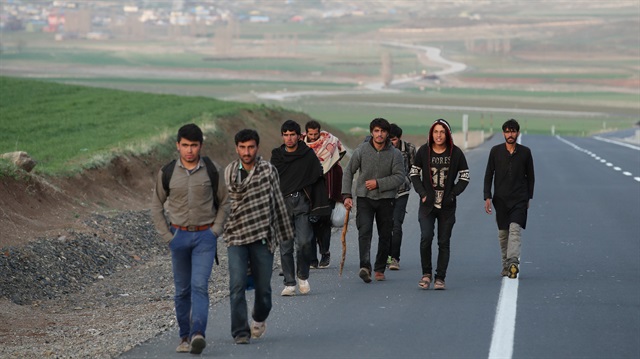
Yeni Şafak daily discovered a shelter resembling a prison in eastern Turkey where migrants are beaten and locked up if they do not follow smugglers’ instructions
Passage between Turkey and Iran is done officially at the Gürbulak Border Gate in Turkey’s Ağrı. Yeni Şafak daily is tracking the migrant path from Iran’s Urmia and Maku cities. There are approximately 15 villages in the region, and illegal migrant smuggling is a common occurrence, with Afghan migrants increasing daily.
Turkey is building a 144-kilometer (90 mile) wall on the border with Iran which is meant to help stem smuggling and illegal immigration, officials say. The wall is half built and will be finished in a year.
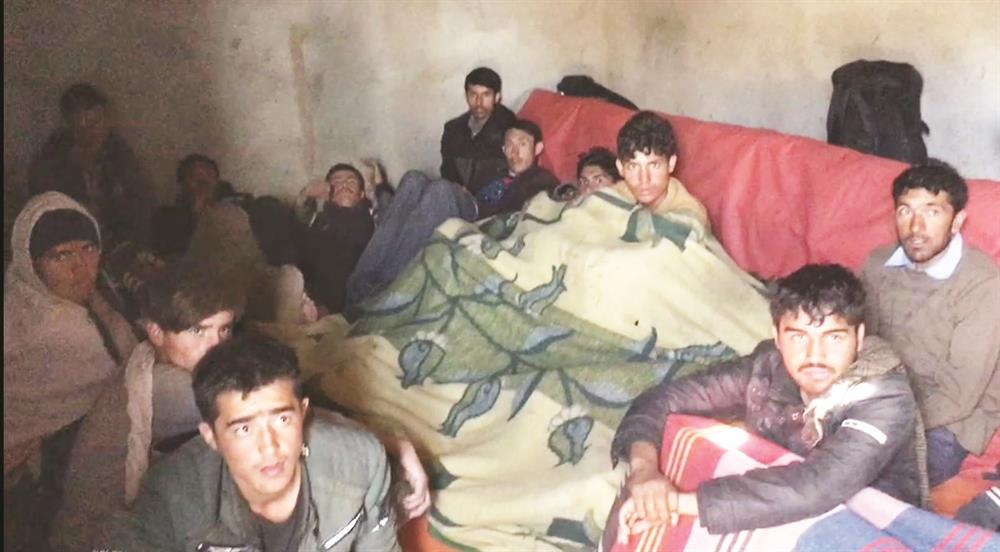
Security sources allege that in order to understand who engages in migrant smuggling, one only needs to look at who leads a luxurious life, adding that the Kurdistan Worker’s Party (PKK) receives a payment of between $10 and $20 per migrant.
PKK terrorists and smugglers they work with guide illegal migrants through Iran’s mountainous terrain.
Some migrants claim that they were subjected to brutality by smugglers as well as the Iranian police, adding that they were not halted on the Iranian side of the border, and that police allowed them to pass after beating them.
Security forces claim that the flowing lava from Ağrı Mountain on the Turkey-Iran border formed 67 stream beds, each of which is a different route. Nine of these mark the most frequently-used routes.
The number of Afghans arriving in Turkey tripled in the first three months of the year to 27,000, driven by conflict and poverty and fears that the route may soon be closing.
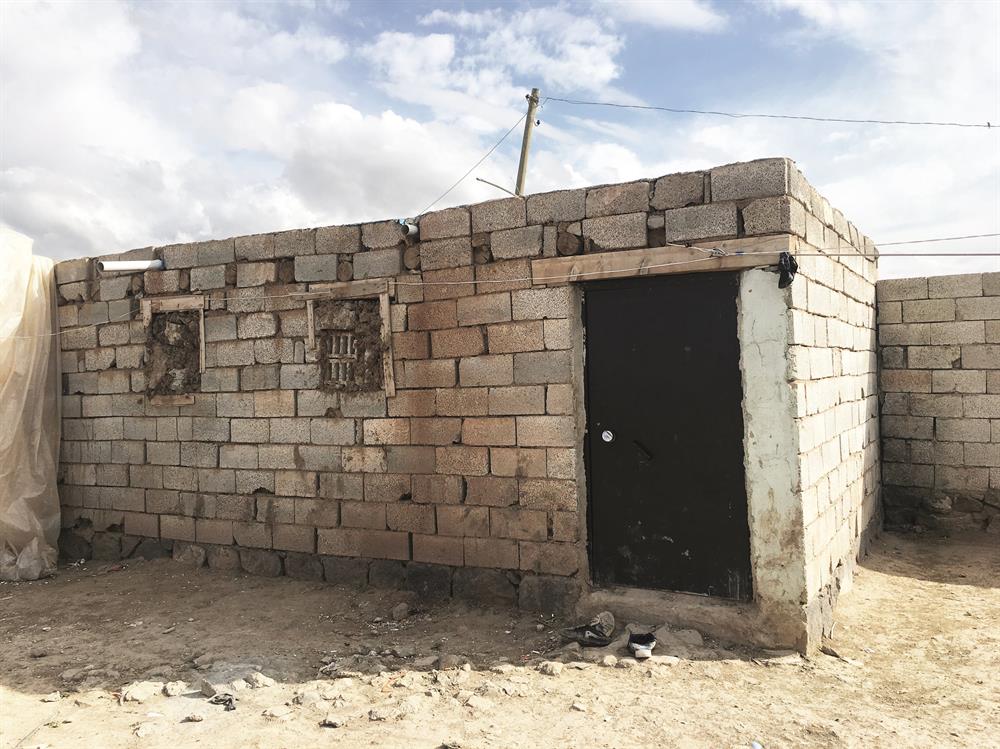
There is a no return policy between Iran and Turkey, which means that Ankara cannot send nationals from third world countries to Tehran. Therefore, migrants need to be stopped before they enter Turkey, so repelling tactics are used and migrants are forced to flee toward Iran. However, because Iran does not stop illegal passage from its borders into Turkey, the migrants soon attempt to enter again.
Due to the landscape, points where repelling tactics can be enforced are located two to three kilometers inside the Turkey-Iran border. As a result of this, the legal rights of migrants who enter Turkey kick in. When confronted by Turkish troops, the illegal migrants scatter as they know that Turkish soldiers will not shoot at them.
Upon entering Turkey, Afghans continue to walk west. Those with money are brought to Doğubayazıt in cars by smugglers, and those without it walk there. The road which stretches for 45 to 50 kilometers can take migrants up to eight hours to cover.
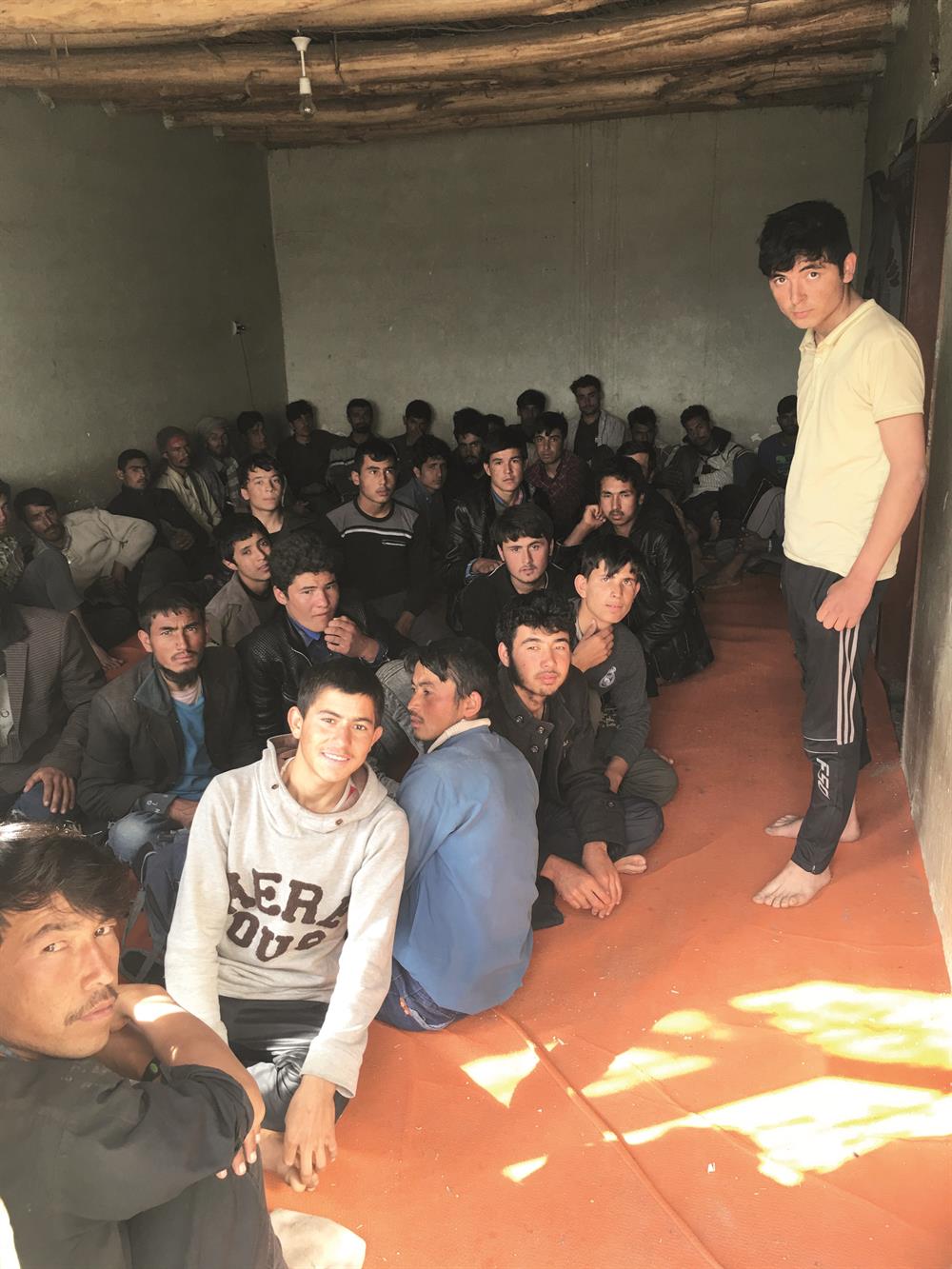
Regional terror hideouts are one of the key reasons as to why illegal migrants can get around so comfortably. The Doğubayazıt countryside was previously a major terror hotbed, and the land around Ağrı Mountain enables terrorists to hide.
The strengthening of punishments for smuggling were not enough. The smuggling heads run the process remotely and the drivers caught are merely employees. The vehicles are seized and a fine is issued for the driver and license holder.
The smugglers who were previously tried without detention are now being arrested. After they have spent three months in prison, they are released on bail. The smugglers earn between TRY 100,000 and 150,000 for every truck of migrants, so the fines issued are petty in comparison.
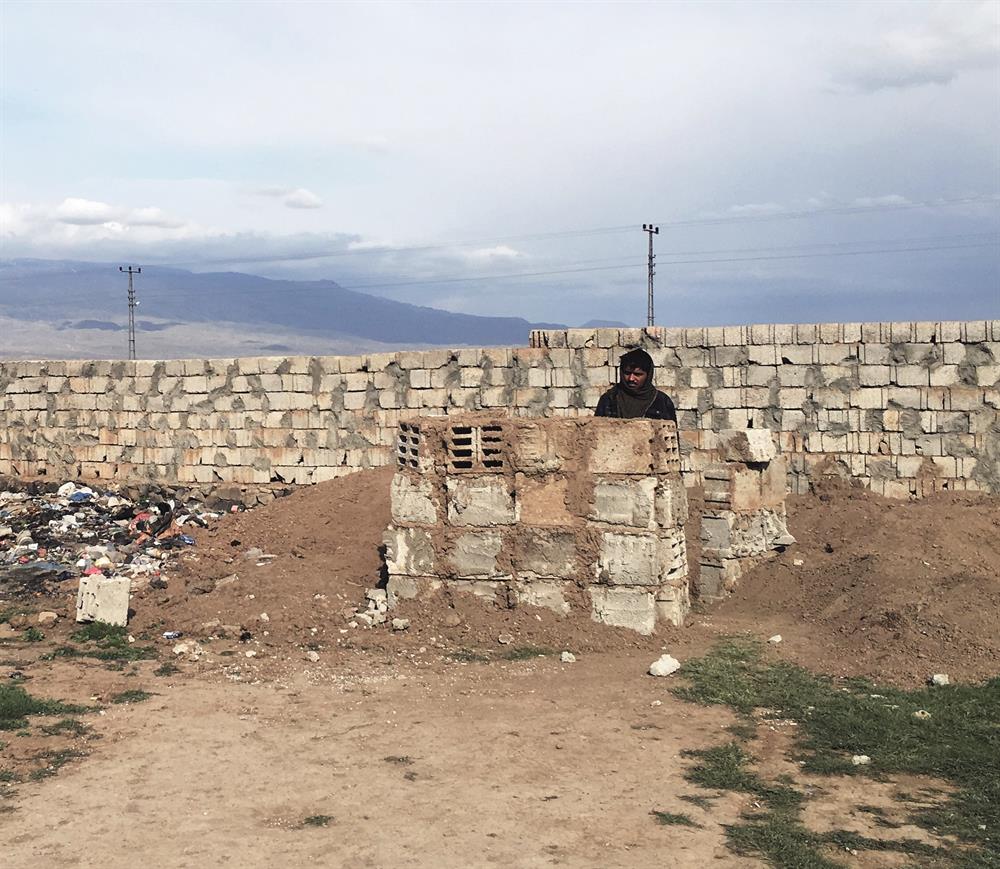
Yeni Şafak daily discovered a shelter resembling a prison in Doğubayazit's Yeni Mahalle neighborhood. Each room houses between 20 and 100 migrants who can only leave upon the smugglers’ orders. The migrants are beaten and locked up if they do not follow instructions.
Migrants often pay $600 to $1,000 to the smugglers to get them across the porous and hilly border.
They use a ditch with three mudbricks around it as a toilet, and there is no kitchen or bathroom. They await in the prison-like shelters for days without seeing sunlight.
Hello, the comments you share on our site are a valuable resource for other users. Please respect other users and different opinions. Do not use rude, offensive, derogatory, or discriminatory language.
The floor is all yours.









